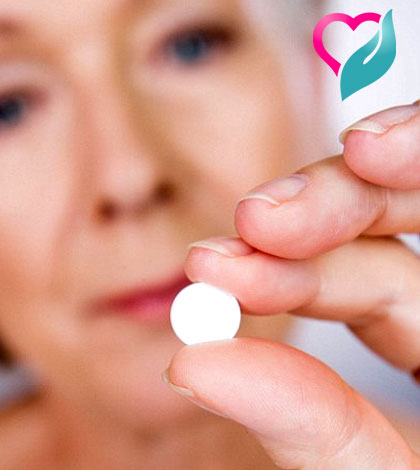Taking calcium supplements doesn’t seem as benign as thought, say doctors who’ve found the pills may increase the risk of heart attack.
[wp_ad_camp_1]
The findings of a study published in Thursday’s online issue of the journal Heart were based on data from almost 24,000 men and women in Germany aged 35 to 64 who were tracked for an average of 11 years as part of a European cancer and nutrition project.
For decades, doctors routinely prescribed calcium supplements to prevent and treat osteoporosis, particularly for postmenopausal women.
The risk of having a heart attack almost doubled among calcium supplement users compared with non-users, after taking into account other factors that were likely to influence the results.
Overall, the risk was small and 354 heart attacks occurred.
[wp_ad_camp_4]
“This study suggests that increasing calcium intake from diet might not confer significant cardiovascular benefits, while calcium supplements, which might raise [heart attack] risk, should be taken with caution,” Professor Sabine Rohrmann of the division of cancer epidemiology and prevention at the University of Zurich and her co-authors concluded.
The latest findings add momentum to the pendulum starting to swing away from taking supplements and further toward dietary calcium.
Prof. Ian Reid of Auckland University in New Zealand made the suggestion in 2010.
“The conclusion we came to was that calcium supplements were probably not a good idea because the cardiovascular problems they cause were greater than the benefits that arose in terms of fracture prevention,” Reid said in an interview from Stockholm.
Benefits of calcium in food
Calcium supplements have been widely embraced by doctors and the public on the grounds that they were considered a safe way to prevent fractures.
“It is now becoming clear that taking this micronutrient in one or two daily boluses is not natural, in that it does not reproduce the same metabolic effects as calcium in food,” Reid concluded in a journal editorial accompanying the study.
The effect may result from unnatural spikes in calcium in the bloodstream after taking supplements, said Dr. Aliya Khan, director of the calcium disorder clinic at McMaster University in Hamilton.
“Dietary calcium is more slowly absorbed whereas these concentrated calcium supplements may potentially contribute to calcification in the blood vessels,” Khan said in an interview from a meeting in Winnipeg.
Osteoporosis Canada’s most recent guidelines recommend getting about 1,200 milligrams every day of calcium, preferably from diet, Khan said. One glass of milk has about 300 milligrams of calcium.
At a fitness class in Toronto, many women said they were taking calcium supplements along with their workouts for bone and muscle strengthening, cardiovascular benefits and mental health relief.
“I’ve been taking it non-stop actually for at least the last 25 years,” on the advice of a doctor, said 67-year-old Ann Kohen. “Now I’m thinking maybe I shouldn’t be.”
Shoshana Strigberger now sticks with diet and fitness instead of pills.
“I used to [take pills] for a short time but it didn’t make me feel good,” Strigberger said. “So I stopped.”
[wp_ad_camp_2]
Top 10 Calcium Rich foods
- Cheese
- Yogurt
- Milk
- Sardines
- Dark leafy greens like spinach, kale, turnips, and collard greens
- Fortified cereals such as Total, Raisin Bran, Corn Flakes (They have a lot of calcium in one serving.)
- Fortified orange juice
- Soybeans
- Fortified soymilk (Not all soymilk is a good source of calcium, so it’s best to check the label.)
- Enriched breads, grains, and waffles
Top Calcium rich Fruits
Apples, Figs, Papayas, Apricots, Grapefruit, Peaches, Avocados, Grapes, Muscadine, Pears, Bananas, Guavas, Persimmons, Blackberries, Honeydew, Pineapple, Blueberries, Kiwi, Plums, Cantaloupe, Lemons, Pomegranates, Cherries, Limes, Raspberries, Cranberries, Mangos, Strawberries, Currants, Nectarines,Tamarinds, Dates, Oranges, Watermelon, Elderberries.
[wp_ad_camp_3]
Image courtesy : dailymail.co.uk , manhattanmilk
























